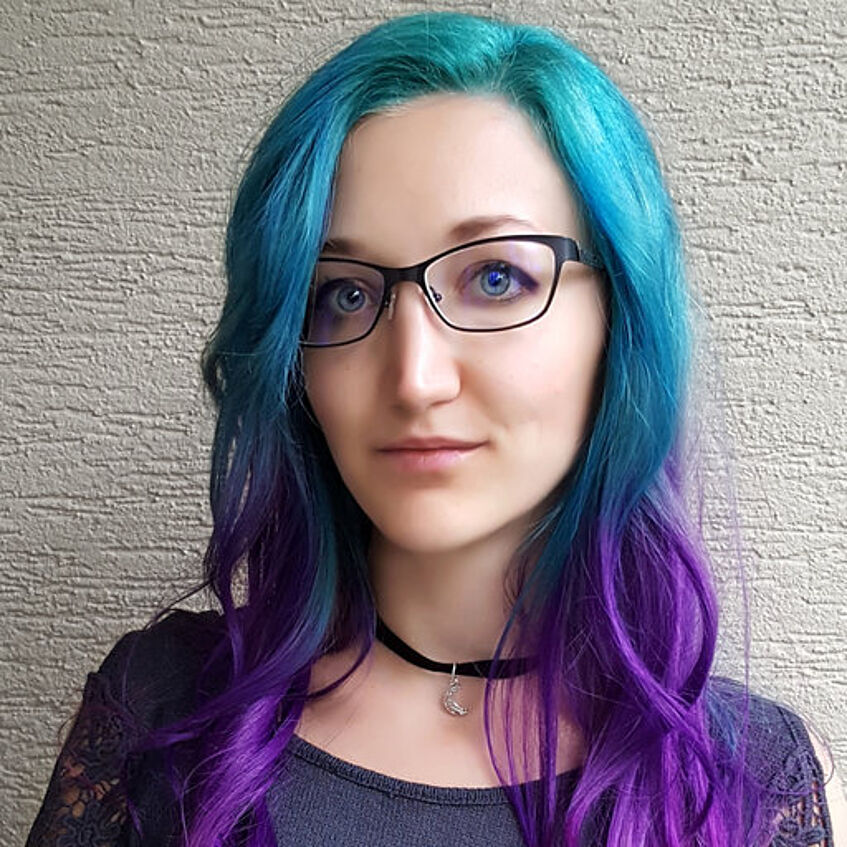Stephanie Kainrath
Supervisor: Harald Janovjak, Monash University
Co-Supervisor: Gaia Novarino, Institute of Science and Technology Austria

Details
Title of the project: Synthetic tools for optogenetic and chemogenetic inhibition of cellular signals
Finishing date: 19.12.2019
Research topic of the student: The main goal of my research is to find novel ways to manipulate (in particular to inhibit) cellular signals using optogenetics. Optogenetic tools are light-sensitive (fusion) proteins that enable the regulation of key cellular processes through illumination, which endows high spatial and temporal precision. In my work, I focus on the inactivation of signals that are involved in cell growth and cancer, mainly the FGF (fibroblast growth factor) signalling axis. In my first publication, I used a newly identified light sensing domain from bacteria to create an optogenetic receptor that mimics constitutive activity, but can be rapidly deactivated using green light. In my current project, I work towards the development of a soluble decoy receptor (ligand trap) against FGF that can be activated or inactivated using light, and could be applied exogenously without the need of transgene delivery, or in the future potentially even be used as a light-activated therapeutic agent.
Publications: https://www.ncbi.nlm.nih.gov/pubmed/
Research stays abroad: 01.06.-31.12.2018 Host: Prof. Peter Currie and Harald Janovjak, Australian Regenerative Medicine Institute, Monash University, Australia. Topic: In vivo Studies of Light-regulated Ligand Traps for Spatio-Temporal Inhibition of Cell Signaling
Lab Rotation (3+ weeks): Various lab rotations at IST , 2016 - 2017
Place after Graduation: Research Scientist, Proxygen, Vienna, Austria.
Abstract of the PhD thesis
File size: 402 kB
